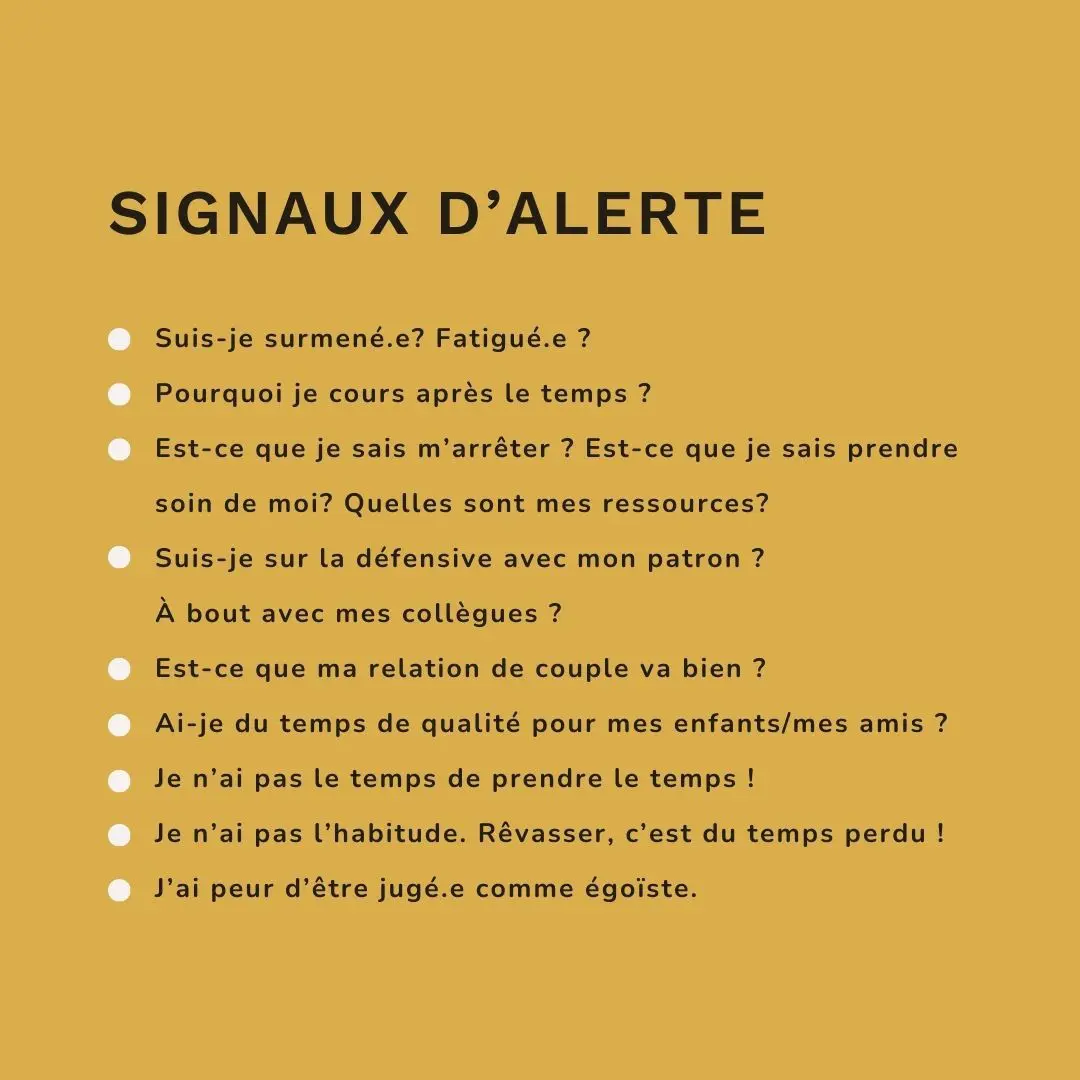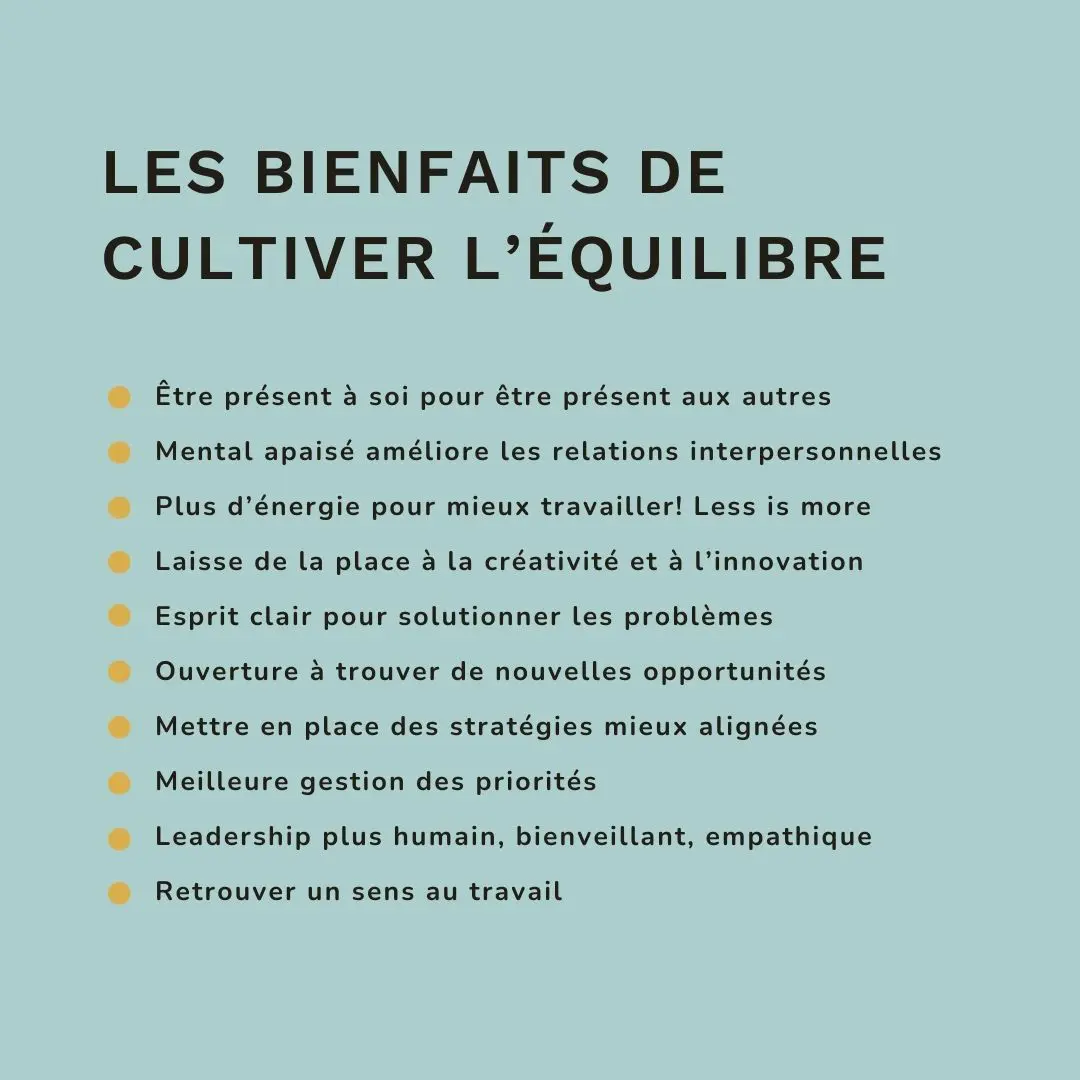.jpg)
Editor, analyst, critic, Isabelle Naessens is a thoughtful, committed and versatile woman who worked in international relations before turning to communications. A creative relational strategist, she joins the Henkel Media team as senior editor and content creator.
ISABELLE NEASSENS
ABOUT

Article
THE FOUR-DAY WEEK, A GOOD DEAL?
Who hasn't dreamed of long weekends and a shortened work week?


MANAGEMENT & LEADERSHIP

Article
The Mocking Buddha: Becoming a Better Manager
To recharge your batteries is to know how to find yourself, to learn to become yourself.


MANAGEMENT & LEADERSHIP
(
You may also like
)

In Praise of Napping at Work
In Spain, shops are closed between one and three or four in the afternoon, when the sun is at its zenith and employees take a siesta. They resume work until eight o'clock, perfect timing for the party! Enshrined in China by a 1948 law, the afternoon siesta is commonplace in Argentina, Vietnam, Thailand, and elsewhere.
In Japan, there is the famous inemuri , this precious time to doze off behind your screen without any complexes. At Mitsubishi headquarters, rooms are dedicated to this with reclining armchairs, subdued lighting, and even a brochure detailing how to take an effective nap: rest your mind in about fifteen minutes without falling asleep, to recharge your batteries before setting off again. Thomas Edison and Salvador Dali were also fervent followers of this state of hypnagogic semi-consciousness to solve problems or find inspiration.
A NASA study in 2015 showed that a nap of about twenty minutes can increase productivity by up to 35% and improve responsiveness by 54%. Power naps have been adopted by Google, Yahoo, Nike, FranceTelecom and many other large companies around the world. And Quebec in all this?

In our country, white weather
And we're not even talking about the snow! More and more, our human resources specialists and psychologists are talking about work-life balance, human and caring leadership, and mental health in the workplace. The pandemic has accelerated the integration of a new way of working and has induced "a structural change in the reality of work," according to Diane Pacom, a sociologist. Young people are also putting their quality of life first rather than devoting themselves body and soul to their job . It must be said that burnout and the constantly unfulfilled desire for performance have gotten the better of the resilience of generations before theirs.
That said, white space doesn’t necessarily mean less productivity. On the contrary, it’s about freeing up empty time to be more alert. Juliet Funt, CEO at WhiteSpace at Work explains that “ white space is about using thoughtfulness as a business tool .” White space is a positive business strategy.
The definition of the concept, from Silicon Valley, is “ a strategic pause taken between activities ”. It is therefore about granting yourself empty spaces: an introspective pause before a meeting, a break between two tasks, a window of time to breathe before entering the office. And more.

According to the businesswoman, who describes herself as “ a workaholic, energizer bunny ,” there is a price to pay for being constantly busy: “ busyness is a false cult and there is a cost to constantly pushing, on top of missing your own life .”
Prioritize your own white space
There are basically two types of white time: the one to recover and recharge , the mental break, and the more constructive one, which allows for reflection and creativity. It's about leaving room for ideas, and feeling less guilty. Let the colleague who may be judging you take a ten-minute break in the sun or an afternoon off to relax.

I heard somewhere this phrase: “Don’t underestimate the creative power of procrastination!” A clear, switched on and connected brain is a thousand times more powerful than a tired, overworked one. We don’t squeeze inspiration in between two tasks. That’s why it’s so hard to estimate the time for creation or innovation.
Once we decide to integrate it into our work, we must make room for it and voluntarily put some blank time in our agenda. Not for the sun break or the moment of introspection before the meeting, but for the longer space of time, like a creativity day or the yoga class on Friday morning. We must actively favor it, avoid waiting for it to happen by itself. It is up to each person to appropriate it as they see fit.
How can we carve out small windows of precious time here and there? The golden rule: move away from performance and towards calm, relaxation, creative emptiness and mindfulness.
White Time When Emptiness is Productive
2023-04-25
ISABELLE NEASSENS
5 minutes

To empty oneself: to stop doing. The connotation is often negative: an empty day is boring, an empty agenda, scary. So, we pile up the tasks, we fill the void. However, the world of work is talking more and more about this void which would be useful , healthy and productive . The four-day week is gaining followers around the world. Let's talk about the famous blank time, taken here and there, to recharge our batteries, calm down and start fresh.








